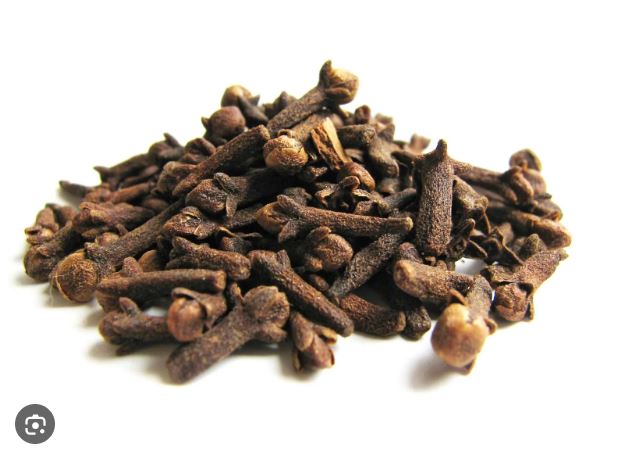Cloves, the aromatic dried flower buds of the Syzygium aromaticum tree, are a spice with a rich history and diverse applications. Native to the Maluku Islands in Indonesia, cloves have been used for centuries not only to flavor food but also for their medicinal and preservative qualities.
Historical Significance
Cloves have a storied history that dates back over 2,000 years. Their use was so valued in ancient trade that they played a significant role in the global spice trade, with their journey spanning from Asia to Europe and beyond. This spice was prized for its distinctive flavor and was a key commodity in the lucrative spice trade that shaped world history.
Culinary Applications
Cloves have a strong, pungent flavor profile that includes a combination of sweet and spicy notes. They are used whole or ground in a variety of dishes. In savory cooking, cloves are often added to spice blends such as garam masala and are used to season meats, stews, and rice dishes. In baking and desserts, cloves add depth to flavors in cookies, cakes, and mulled wine. Their versatility makes them a staple in many global cuisines.
Medicinal Properties
Beyond their culinary uses, cloves are renowned for their medicinal properties. They contain eugenol, an essential oil known for its antiseptic and analgesic effects. Traditionally, cloves have been used to relieve toothache, digestive issues, and respiratory problems. Their anti-inflammatory and antioxidant properties make them valuable in natural medicine.
Nutritional Content
Cloves are nutrient-dense, offering a wealth of vitamins and minerals. They are particularly high in vitamin C, vitamin K, and manganese. The antioxidants found in cloves help to combat oxidative stress and inflammation, contributing to overall health and well-being.
Preservation and Cultural Use
Cloves also serve as natural preservatives due to their antimicrobial properties. They are commonly used in pickling and preserving foods. Additionally, cloves hold cultural significance in various traditions and ceremonies, where they are used for their aromatic and symbolic qualities.
Global Production
While cloves are predominantly grown in Indonesia, they are also cultivated in other tropical regions such as Madagascar, Sri Lanka, and Zanzibar. The production and trade of cloves continue to play a significant role in the economies of these regions.
Conclusion
Cloves are much more than just a spice. Their rich history, culinary versatility, medicinal benefits, and cultural significance make them a remarkable and multifaceted ingredient. Whether enhancing a dish, contributing to health, or preserving food, cloves have proven their value across centuries and continents.





